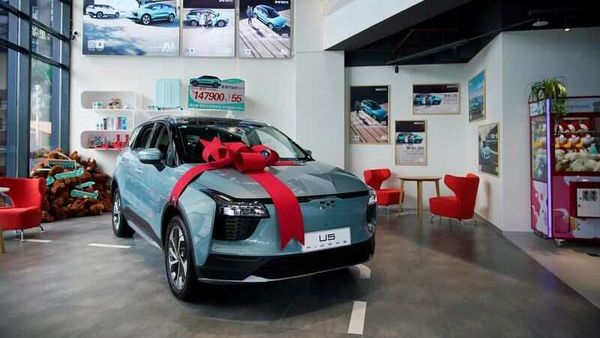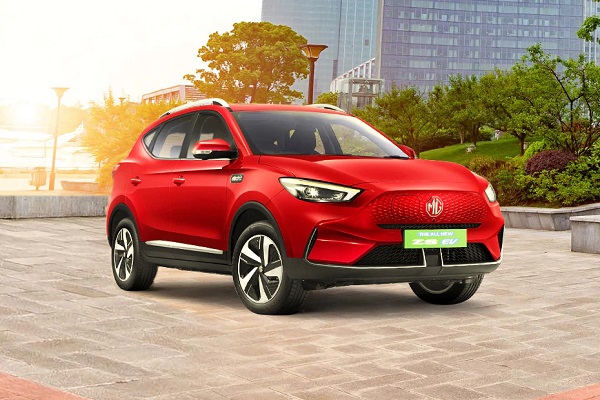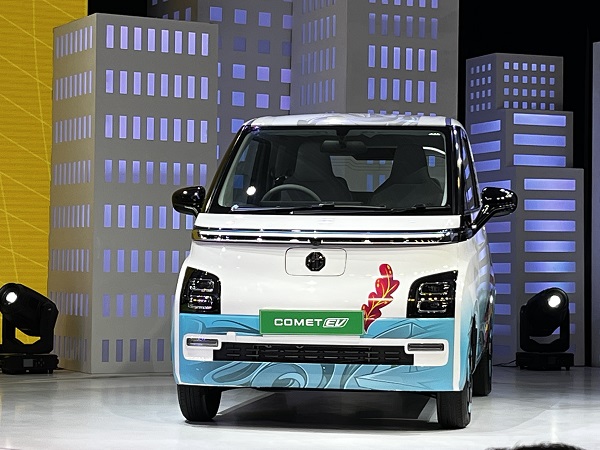Electric cars in India: Five points to consider before buying an EV


In the market for a new car but not sure if it should be an electric vehicle (EV)? Want to save on running and maintenance cost but unsure about highway escapes? Want a refined ride experience but range anxieties keeping you confused? All of these, combined with the price of an EV itself, are natural - and obvious - concerns for all who may be considering taking the plunge into the world of battery-powered mobility.
India is at the cusp of an electric revolution in terms of mobility with the central and several state governments determined to roll out the red carpet for EVs. But the red carpet isn't going to be a magic carpet which helps such vehicles replace vehicles as we have known and driven for years together.
Also check these Cars
Therefore, here are five key and honest points to seriously consider before deciding on whether your next vehicle ought to be an electric vehicle:
Cost: Let's face it, an EV doesn't come cheap. Not here in India anyway. Not yet. A Nexon from Tata Motors, for instance, starts at around ₹6.99 lakh (ex showroom) but when a Nexon EV starts at ₹13.99 lakh (ex showroom). The upfront cost of an EV is, therefore, significantly higher than a regular vehicle but if you plan on keeping the product for a decade or more, it makes a whole lot of sense to take the dive. That is because the running and maintenance cost of an EV is significantly less. With per litre petrol cost well and truly above ₹81 (in Delhi), EVs make a strong case as a viable option for an affordable drive experience. Because there are fewer parts, maintenance of an EV is also expected to be a whole lot cheaper - over a long period of time, of course.
Also Read : 'Localization key, provides tremendous opportunity in EV market
Infrastructure: This is still where EVs lose out against conventional vehicles. While EV infrastructure is constantly being updated in major cities, it is still from ideal. And out on highways and smaller cities, a public-charging station is an absolute rarity. And while an EV can be charged using a regular wall socket, the charging time is significant which may mean an EV owner is held hostage by the passing hours.
At present, many recommend that an EV should ideally be the second or subsequent vehicle in a typical Indian household. With infrastructure constantly being developed, first-time car buyers could jump right in at a consequent time.
Also Read : Tesla may enter India in 2021 as Elon Musk drops biggest hint yet
Range: The above point is also directly linked to the whole question of range. People have always asked 'how much' in terms of mileage of a petrol or diesel car. The question with EVs is 'how many'. How many miles can an EV do per full charge is actually a question people are increasingly asking globally when considering such a vehicle. Different options get different battery packs which means varying range.
The distance that an EV can cover is, therefore, a key consideration and a factor which also depends on whether one uses it as a daily commute vehicle or a regular highway hauler.
Options: Here is where things are looking the brightest. While makers of two-wheelers are rushing in new electric products, car makers are also looking to catch on and cash in.
Hyundai was one of the first off the block with its Kona e-SUV, followed by the likes of MG ZS EV and Tata Nexon EV. The price of an EV is coming down as electric versions of more affordable vehicles are being rolled out.
But if you want absolute luxury, there is Mercedes EQC as well. The launch of the first luxury EV in India from the German brand could possibly make its rivals in the luxury segment sit up and drive in their respective offerings.
On the opposite side of the spectrum, OEMs like Mahindra and Maruti have either confirmed plans or are contemplating products.
Support: OEMs with EV offerings already in the Indian market are going the extra mile to allay concerns over post-sales service. Battery packs come with warranty running over several years while the service networks have professionals who are specifically trained to welcome an EV and keep it running silent smooth.
Several manufacturers are also installing wall charging units at the customer's preferred location without any additional cost.
As such, the EV movement in India is on the right track. There are more options than there have ever been and with incentives being dished out - Delhi has done away with road tax on battery-powered vehicles, the outlook is extremely positive. The pace of infrastructure for supporting vehicles, say many, is still a tad slow but there is no denying that it will pick up pace.








 50.3 kWh
50.3 kWh 419 Km
419 Km



















